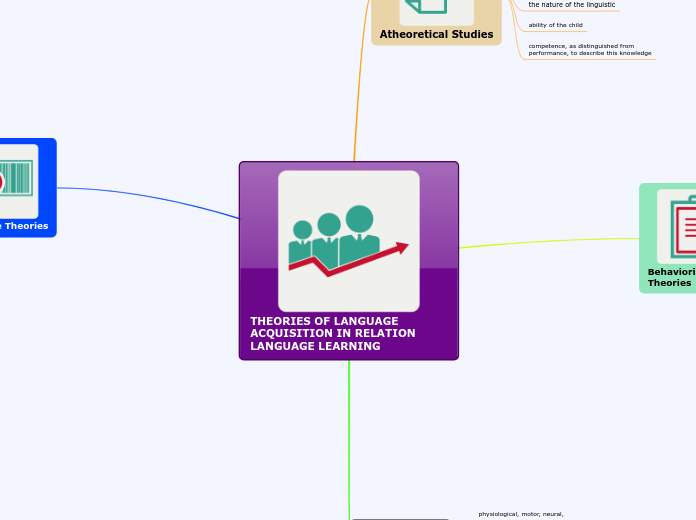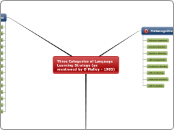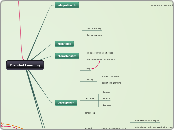par VANESSA DENISSE HEREDIA OÑA Il y a 3 années
469
THEORIES OF LANGUAGE ACQUISITION IN RELATION LANGUAGE LEARNING
Understanding how humans acquire language involves various theoretical perspectives, each contributing unique insights. Cognitive theories highlight the role of mental capabilities, suggesting that children actively process and organize linguistic information as they age.









